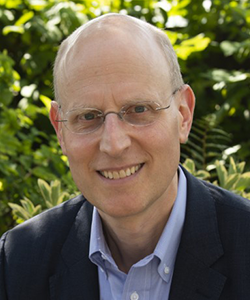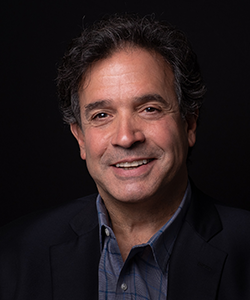
1–2 PM Eastern | 10–11 AM Pacific
Risk Reduction and Dementia
>>> Important <<<
We have launched ASA's new webinar platform. Find helpful information about the platform here.
Register Now
Includes one complimentary Continuing Education (CE) credit.
Closed captions are available for live and on-demand courses within specific browsers. Click here to see how to access and turn on the browser setting. If you still need to request speech-to-text captioning during this event, please contact us at least 5 business days prior to the live webinar so we may accommodate your needs.
Research has identified modifiable risk factors for dementia, such as physical inactivity, hypertension and diabetes. This course will discuss strategies that clinicians can use to address risk factors and lifestyle interventions with their patients that have been shown to improve brain health.
Participants in this webinar will be able to:
- List 6 or more modifiable risk factors for dementia.
- Recognize strategies needed to reduce the risk of developing dementia, examining environmental influences and lifestyle factors.
- Learn about evidence-based approaches to improve overall brain health.
- Identify special considerations for high-risk populations.
Presenters:
 Jonathan Rosand, MD, is a vascular and critical care neurologist at Massachusetts General Hospital, professor of Neurology at Harvard and associate member of the Broad Institute. Dr. Rosand has created a legacy of multidisciplinary teams that are successfully tackling some of the most pressing challenges in brain disease. His research program in cerebrovascular health, launched more than 20 years ago, has been a world leader in high-throughput genetic, imaging and epidemiological studies of stroke.
Jonathan Rosand, MD, is a vascular and critical care neurologist at Massachusetts General Hospital, professor of Neurology at Harvard and associate member of the Broad Institute. Dr. Rosand has created a legacy of multidisciplinary teams that are successfully tackling some of the most pressing challenges in brain disease. His research program in cerebrovascular health, launched more than 20 years ago, has been a world leader in high-throughput genetic, imaging and epidemiological studies of stroke.
 Rudolph Tanzi, MD, co-founded and directs the McCance Center for Brain Health, directs the Genetics and Aging Research Unit, and co-directs the MassGeneral Institute for Neurodegenerative Disease (MIND) at Massachusetts General Hospital. He also is the Joseph P. and Rose F. Kennedy professor of Neurology at Harvard Medical School. Dr. Tanzi co-discovered the first Alzheimer’s disease (AD) genes, including the amyloid gene (APP) and the presenilin genes. He also discovered the first AD neuroinflammation gene, CD33 and the Wilson’s disease gene.
Rudolph Tanzi, MD, co-founded and directs the McCance Center for Brain Health, directs the Genetics and Aging Research Unit, and co-directs the MassGeneral Institute for Neurodegenerative Disease (MIND) at Massachusetts General Hospital. He also is the Joseph P. and Rose F. Kennedy professor of Neurology at Harvard Medical School. Dr. Tanzi co-discovered the first Alzheimer’s disease (AD) genes, including the amyloid gene (APP) and the presenilin genes. He also discovered the first AD neuroinflammation gene, CD33 and the Wilson’s disease gene.

